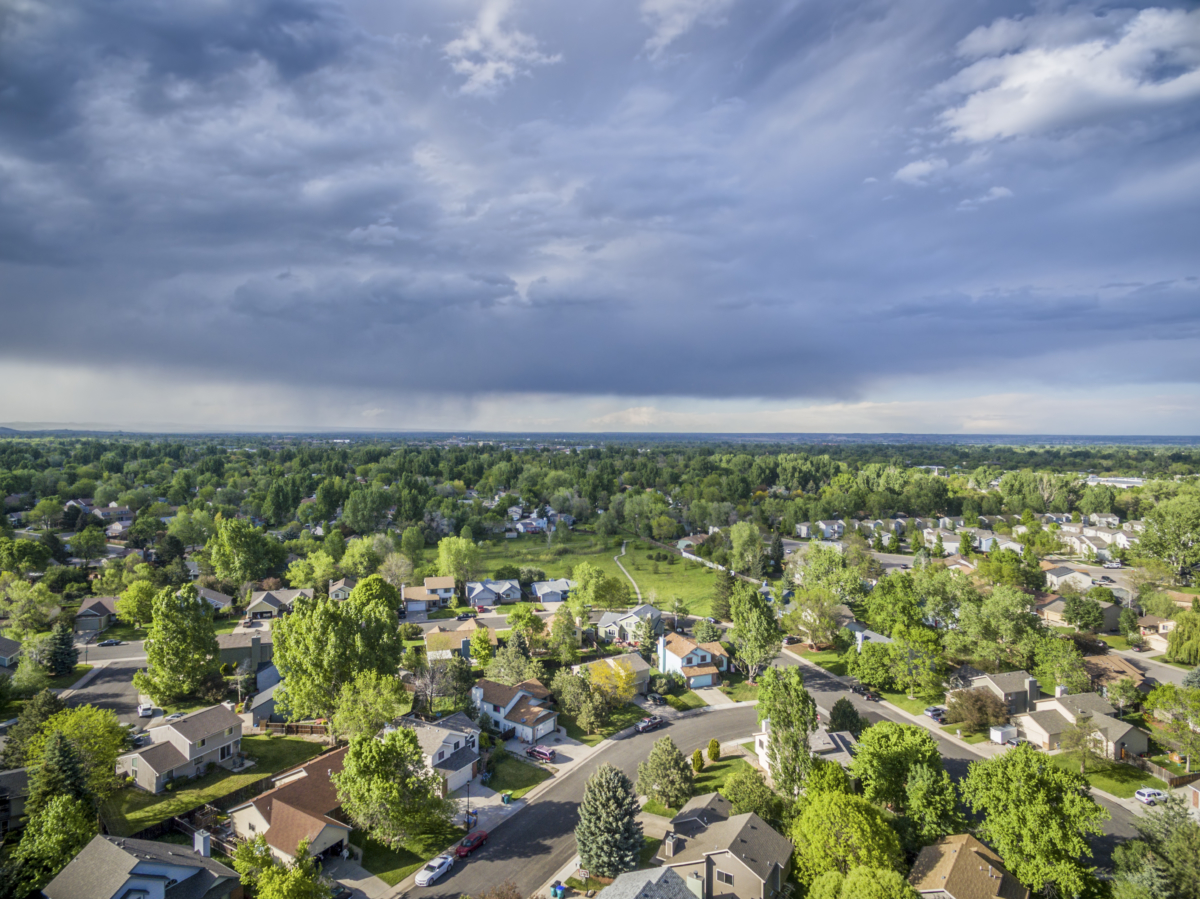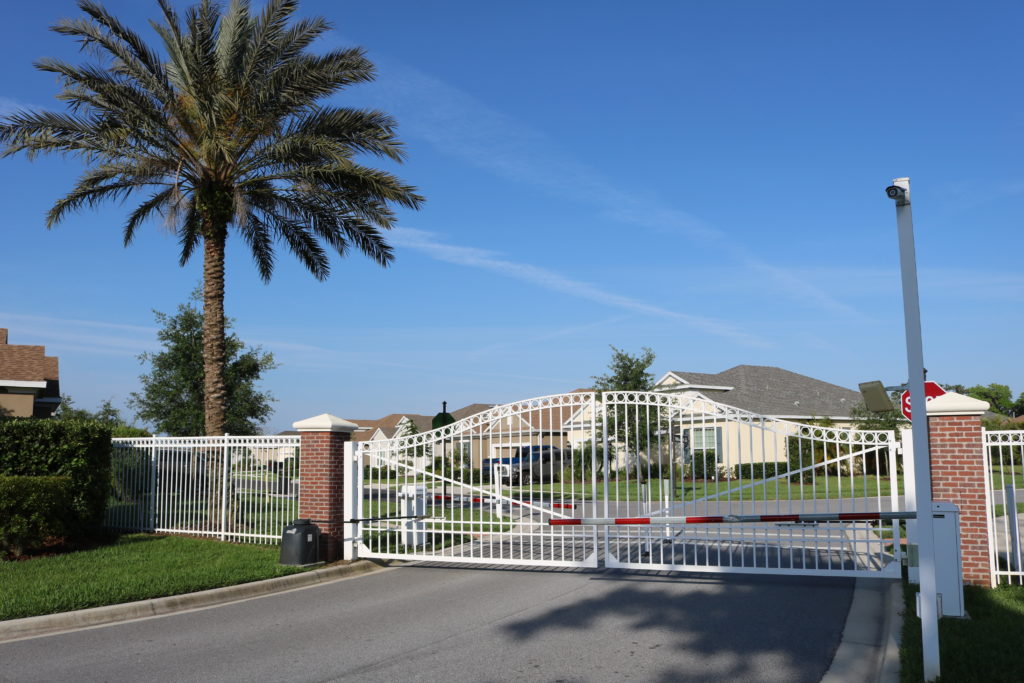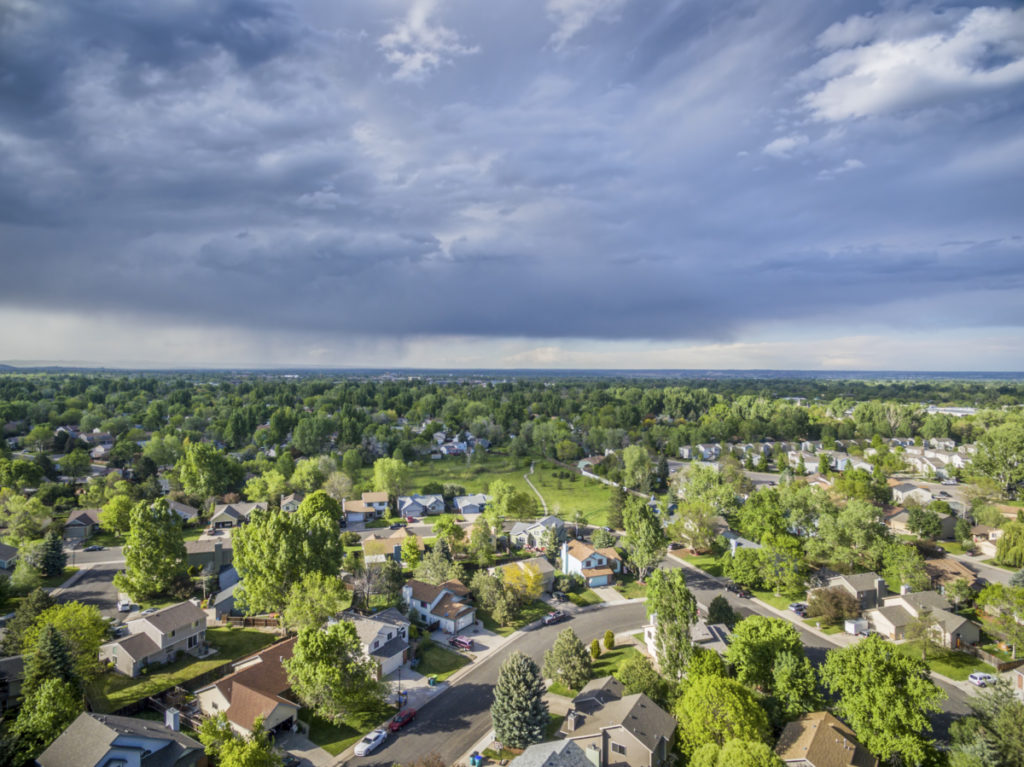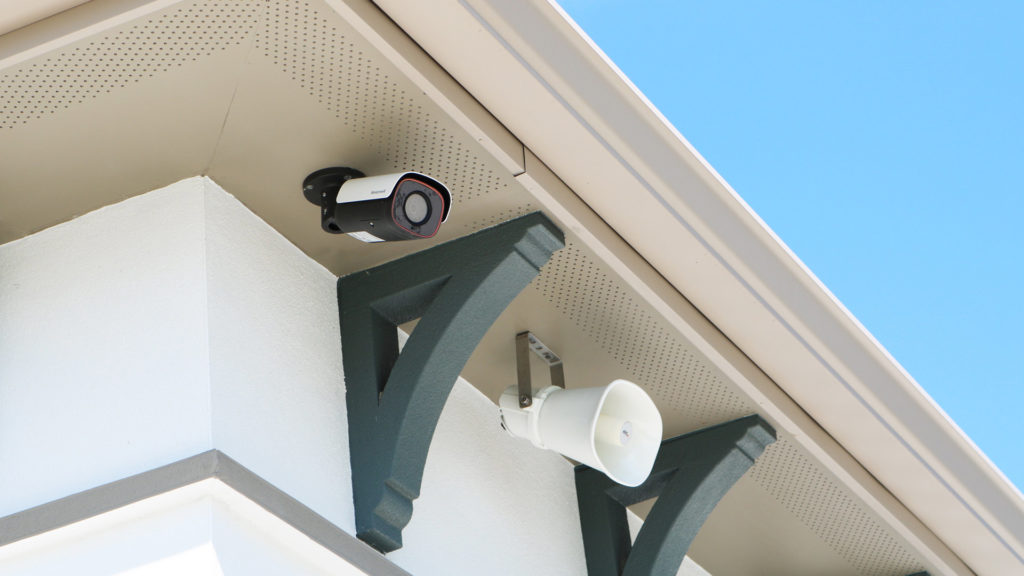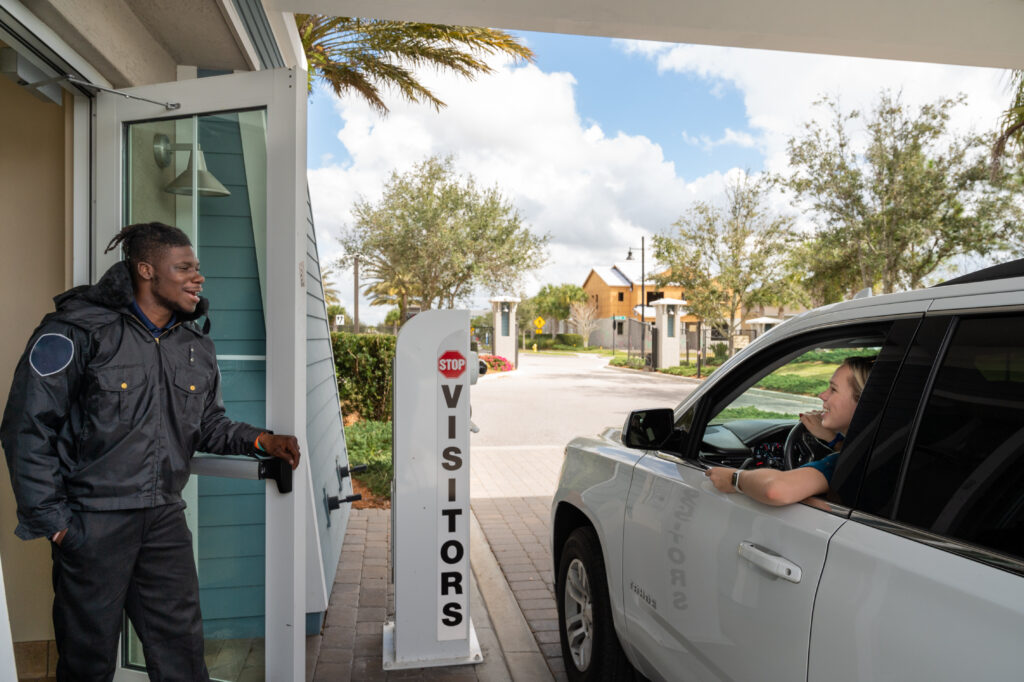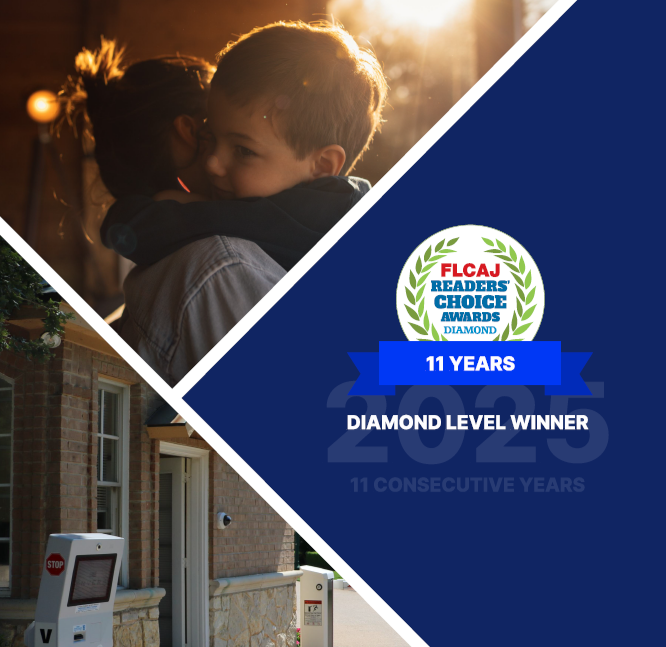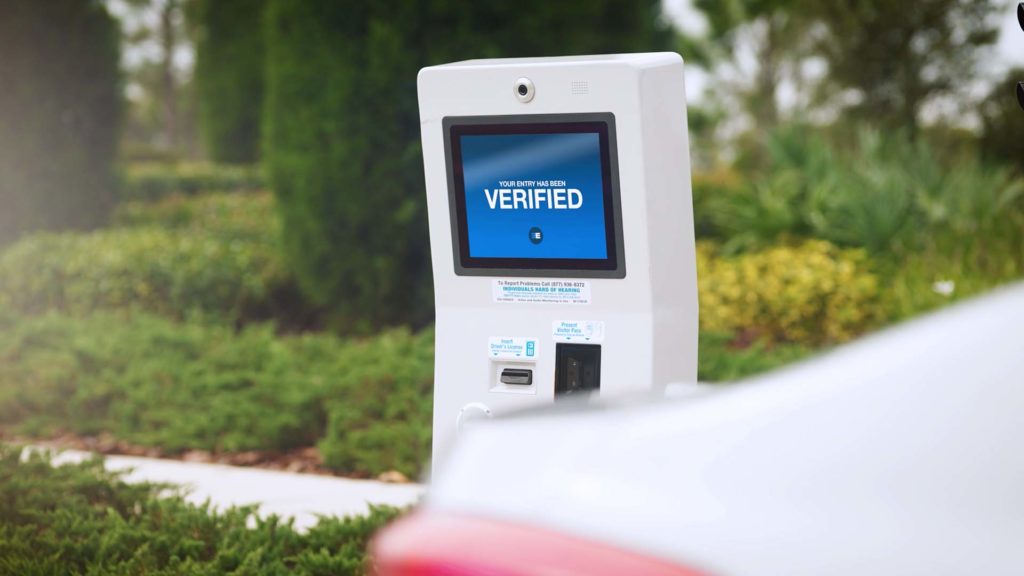In 2024, Florida experienced three hurricane landfalls – Debby, Helene, and Milton. This tied the record in the state for most landfalls in a single season. Now, another storm season is upon us, with many communities still recovering from last year. Although each June through November brings uncertainty, and we all know how unpredictable severe weather is, there’s also a great deal we learn each season to help us better prepare for the next. Here are some of the key observations we made in the security and access management field with communities that we’re preparing for or expecting this year and encouraging property managers, board members, and community staff (especially anyone new) to plan for as well.
Before a Storm
First things first, each community should have its own hurricane preparedness plan to outline each location that will need to be attended to, assigned responsibilities, and communication protocols amongst staff and to residents. For associations with a security or access control provider, check with them about their own storm procedures so that information and any additional steps can be included in the plan.
When it comes to your amenities, know ahead of time who has the physical key(s) to lock down doors and identify who will be responsible for holding the key(s) throughout. Keep in mind, if the person in charge of the amenity lives offsite, it may take a significant amount of time for them to return after a storm has passed depending on the extent of the local damage.
For gated communities, it is strongly recommended that gates (including barrier gates) be locked open in advance. The safety of residents and ensuring emergency vehicles can easily enter and exit the neighborhood should be the number one priority, and that shouldn’t be put at risk with inclement weather on the radar. Furthermore, locking gates open and turning off the power supply to this equipment and other systems helps protect the components from damage. With the likelihood of power outages also comes an increase in power surges once electricity is restored and having the circuit breakers turned off during this time helps preserve and prevent damage or degradation.
The Recovery
After a storm has passed, the most important aspect of any recovery is first the safety and wellbeing of community members. From there, we’ve all seen or experienced our communities coming together to support one another. As things start to return to normal – sometimes quite slowly – there are several items to consider or remember that we were reminded of last year.
Power outages are extremely common during tropical storms and hurricanes, but even if you don’t directly experience a loss of power, many others will, including businesses and your community service providers. With widespread power outages though, energy companies will typically focus their restoration efforts first on areas with health and safety facilities. As the crews make it to each area, you may also notice that a neighboring community has power while you do not. This can be for a number of reasons, one of which is the other association is on a different circuit, and even a single neighborhood can be served by different circuits. Patience is key as we all know when electrical crews work diligently to help everyone as quickly as possible.
Once the power is back on, don’t forget to turn the breakers back on if they were shut off. Of course, this should only be done if there are not any signs of damage and there isn’t any standing water. Provided your community experiences minimal damage, the earlier steps taken to prepare the community and secure your equipment should assist in a faster return to normalcy.
What about when a gate, access control system, or other security equipment needs service by my provider? That’s entirely possible! However, the speed at which a community can be serviced in these instances is largely determined by other factors. Just like property managers may have initial trouble reaching one of their associations, your security service providers can as well. These businesses must follow county and fire marshal guidelines and ensure the safety of their technicians, and we’ll always encourage you to do the same. This means avoiding any downed power lines, standing water, and blocked roads. Fuel may also contribute to the timing of service calls. Although most providers will have plans in place to prepare for this ahead of time, it’s still possible that fuel shortages will impact the ability of service providers.
The emphasis on preparation by state and county officials, CAMs, and your service providers can’t be overstated. Often, it is the proper preparation that can result in a quicker recovery. However, the sad reality is that even prepared associations can be devastated by a storm. If this happens, we know there are lots of items that need to be tended to, and you should be able to count on your security service provider for support.
Looking back on the 2024 season, we continue to reflect on the communities still recovering but also these key observations or reminders that have our own teams ready for the coming months. Have you done the same? No matter the system set up or security methods in place in your neighborhood, we encourage you, your board, and your property manager to make certain preparations now. Whatever comes this way, we’ll all be in it together with the same goals in mind – supporting each other and safe communities.
Envera is a leading provider of cutting-edge security
software and technology for community associations. Contact Envera at 855-380-1274 or
www.EnveraSystems.com.
